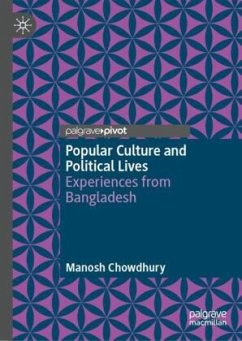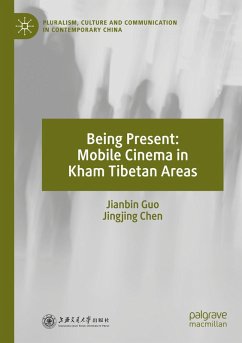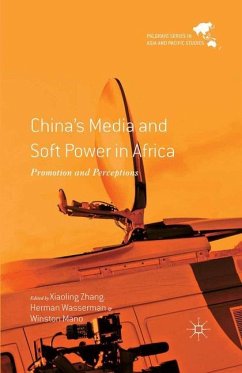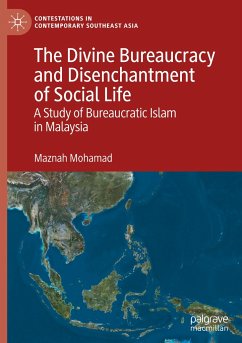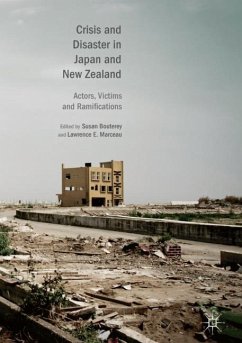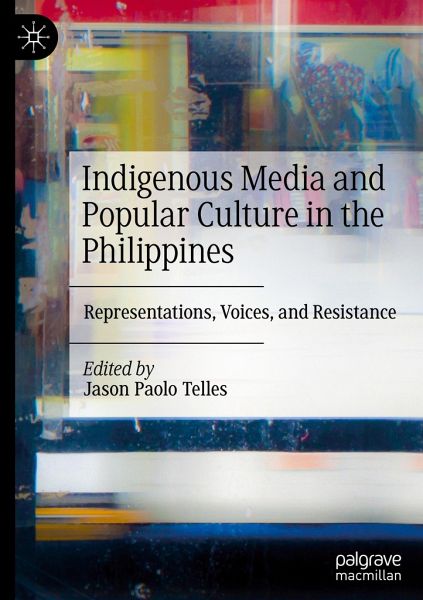
Indigenous Media and Popular Culture in the Philippines
Representations, Voices, and Resistance
Herausgegeben: Telles, Jason Paolo

PAYBACK Punkte
57 °P sammeln!
This book argues that the production of media content, literature, and other forms of popular culture by Indigenous peoples (IPs), as well as their involvement as advisors, sources, or interviewees, serves as a platform for them not only to showcase their creativity but also to mediate their cultures, identities, worldviews, and activism. Through an examination of specific case studies of indigenous media and popular culture in the Philippines using textual and ethnographic methods, the chapters in this book shed light on the politics of representation, narratives of resistance, and self-repre...
This book argues that the production of media content, literature, and other forms of popular culture by Indigenous peoples (IPs), as well as their involvement as advisors, sources, or interviewees, serves as a platform for them not only to showcase their creativity but also to mediate their cultures, identities, worldviews, and activism. Through an examination of specific case studies of indigenous media and popular culture in the Philippines using textual and ethnographic methods, the chapters in this book shed light on the politics of representation, narratives of resistance, and self-representation and mediation of indigeneity and culture. They emphasize the crucial importance of addressing these issues to promote the recognition and empowerment of IPs, not only within the Philippines but also across Southeast Asia and the global context.







